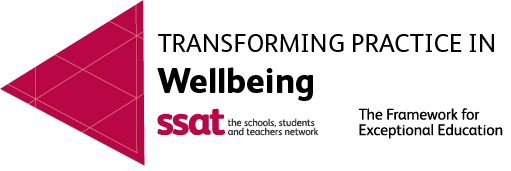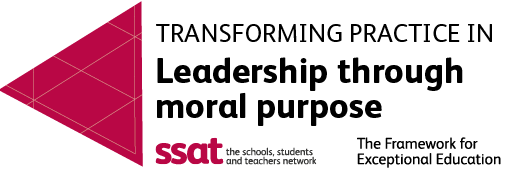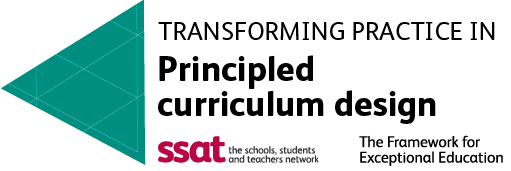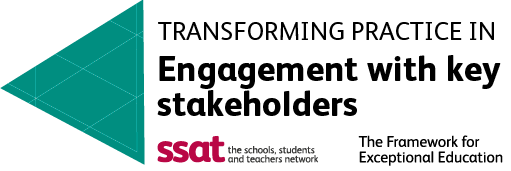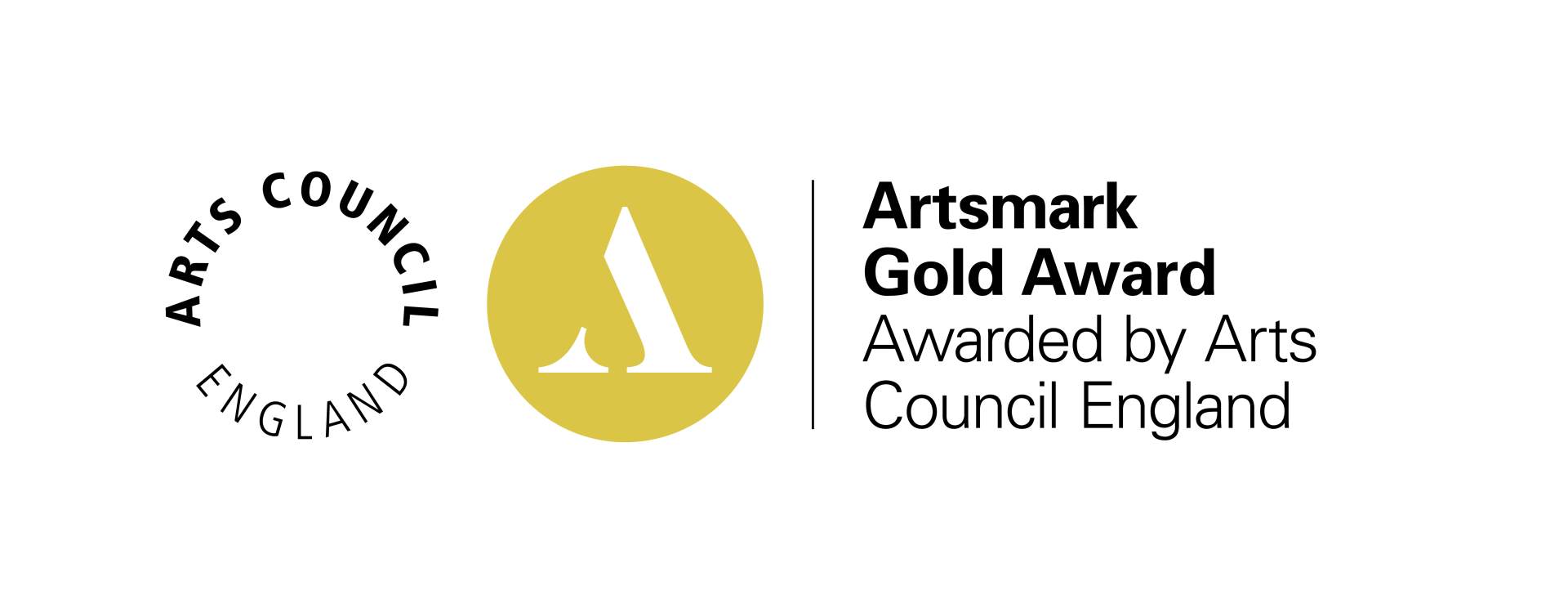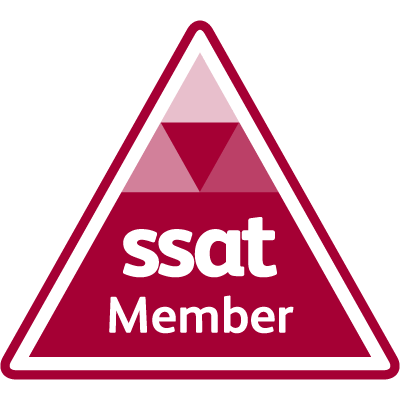History
Useful Resources and Revision Support
-
PLCs (Personal Learning Checklists)
- Recommended films, series and books: Books, films and series or Suggested reading list
-
My revision notes. AQA GCSE History 1-9 (available from the School Shop)
-
Oxford AQA History GCSE 1-9 Revision guides: Conflict and Tension in Asia 1950-1975, American 1920-1973 Opportunity and inequality, Britain Health and the People c1000 – present day and, Elizabethan England. These are individual revision guides.
-
Imperial War Museum- learning resources all KS - https://www.iwm.org.uk/learning/resources
-
GCSE Bitesize - https://www.bbc.co.uk/bitesize/examspecs/zxjk4j6
-
KS3 Bitesize - https://www.bbc.co.uk/bitesize/subjects/zk26n39
-
KS3 Oak Academy - https://classroom.thenational.academy/subjects-by-key-stage/key-stage-3/subjects/history
History at Bingley Grammar school covers a wide range of engaging and challenging topics from before the year 1000 up to the end of the Cold World War at KS3 and follows the AQA syllabus at GCSE.
Here students learn to deal with a variety of concepts such as change and continuity, causation and consequence as well as the significance of specific events/people. Students will be able to develop key skills such as historical investigation, analysis of evidence and knowledge, explaining and critical thinking.
Enrichment
GCSE revision intervention sessions underpin revision and focus on the consolidation and application of knowledge.
Assessment
Internal assessments take place every term.
GCSE: AQA GCSE History (8145)
Curriculum Overview
Year 7
- Anglo Saxon and Arab world- a comparative study: This unit involves the study of life in Anglo Saxon England, focusing on everyday life, trade and medicine and comparing it to the Arab world, where similarities and differences are identified.
- Medieval England- The Norman Conquest: this topic covers from the year 1000 to 1485, and looks at the impact of the Norman Conquest and whether they brought a ‘truck load of trouble’ debating the extent the Normans changed everyday life in England.
- Medieval England- Power and Kingship: This part of the unit entails a study on the power of the monarchy including the impact of the Magna Carta, the importance of the church and everyday life such as the life in a medieval town and the impact of the Black Death.
- Tudor England- Religious changes: This topic deals with the many religious changes under Henry VIII, Edward VI and Mary I and questions how far there were religious changes under the Tudors.
- Tudor England- Black Tudors: This unit looks at how multi cultural Tudor England was and the role of black people in England.
- Stuart England- The Civil War: This topic focuses on the problem of the Stuart Monarchy, which includes King James and the Gun Powder Plot as well as the English Civil War.
Year 8
- Empire: Students will investigate the development and impact of the British Empire on different countries such as America, India, Australia and Africa; this will help students understand wider world issues.
- Slavery and Expansion Trade and Industry: This topic investigates the slave trade during the British Empire, focusing on the reasons for development, the impact on the enslaved people and the reasons why it was abolished. Students also have the opportunity to investigate the lasting impact of slavery in America, where they focus on the African American protest movement.
- The Industrial Revolution: Students will study the changes brought to Britain by the industrial revolution. The study will also include an investigation into the local area and the work of Sir Titus Salt. The unit of work also focuses on the perception of women in Victorian society, in an investigation on Jack the Ripper.
- Early British Protest: This topic looks at a variety of protests in Britain in the 19th and 20th century. Its key focus is on the reasons for protest and the changes it brought. Topics investigated include protest by workers, protest for wider enfranchisement including an in-depth study on women’s suffrage.
- How equal is British Society?: This unit of work allows pupils to explore how civil rights have developed in the UK. This study looks at the development of race relations, gender rights and issues.
- WWI: This topic examines the key long and short term causes of the war. It also allows students to understand key aspects such as recruitment, how the war was fought, the impact on the soldiers as well as a study of the Battle of the Somme and how the war ended.
Year 9
- Hitler and Nazi Germany: A unit of work investigating the reasons why Hitler came to power in 1933 and focusing on the changes that were made to society under Nazi rule.
- European dictators- a comparison: This topic examines Stalin’s Russia and Mussolini’s Italy. It investigates how they came to power and what it was like living in each country. Comparisons are made between the different European dictators.
- Significant events of WWII: Students study a range of key events from WWII, including events such as the Battle of Britain, Pearl Harbour, the battle of Stalingrad and the dropping of the atom bomb focusing on why they were important.
- The Holocaust: This unit starts with the historical persecution of the Jewish people and goes on to focus on the different groups persecuted by the Nazis as well as the persecution of the 6 million Jewish people during WWII.
- The Cold War: This topic focuses on the development of the Cold war at the end of WWII and explores key events such as the impact of the Berlin Wall, the Space race and the Cuban Missile crisis.
- A significant other society- the USA in the 1920’s: This study includes the reason for the boom of the 1920’s. It also includes an investigation into the positives and negatives of 1920’s America.
Year 10
- GCSE America, 1920-1973: Opportunity and inequality
- During this unit, students develop their knowledge of the ‘opportunities and inequalities’ of American society. Examples of topics studied include: problems of the depression and government intervention, the opportunities of post war America and the fight for equality for African Americans and Women.
- Conflict and tension in Asia, 1950-1973
- This study starts with the causes, conflict and consequences of the Korean War. Students go onto study the causes of the war in Vietnam, how the war was fought, the developing peace movement and the reason the war ended.
- Britain Health and the People: c1000 to the present day. Medieval medicine.
- This unit of work focuses on what Medieval people believed causes illnesses and the cures and treatments that were tried. It also focuses on the dangers of surgery and issues surrounding public health.
- Britain Health and the People: c1000 to the present day. The Renaissance and early modern medicine.
- This continues the investigation into the development of medicine in Britain, focusing on how beliefs about causes and treatment were changing, and the developments made to surgery and changes in public health.
Year 11
- Britain Health and the People: c1000 to the present day. 19th and 20th century medicine.
- This unit investigates how treatments, surgery and public health changed in the 19th century and 20th century.
- Elizabethan England c1568-1603
- A study which comprises of an investigation into the Elizabethan Court and Parliament, life in Elizabethan England as well as the problems at home and abroad. The unit ends on the historic environment study, which changes from year to year.



 Safeguarding
Information
Safeguarding
Information Arbor
Arbor